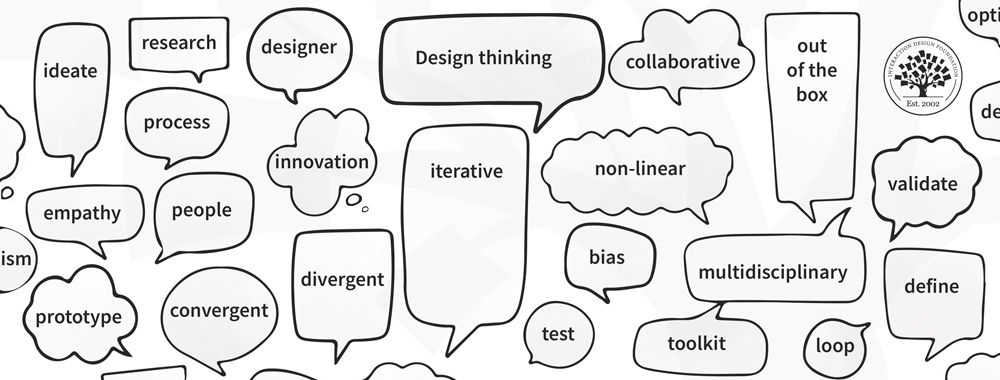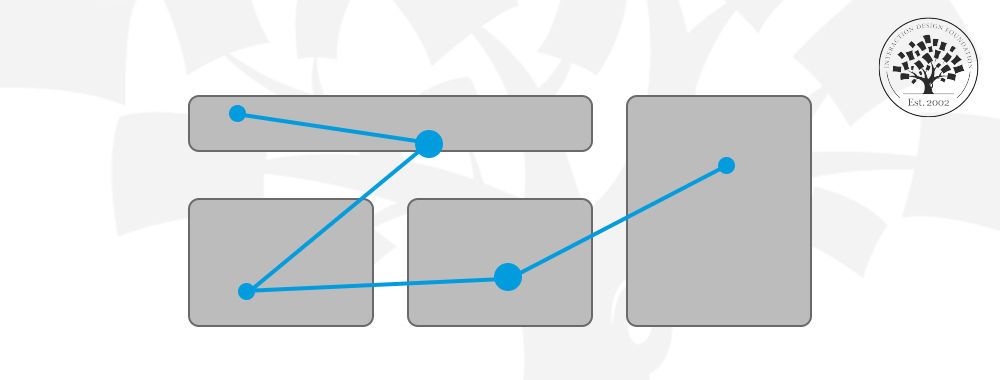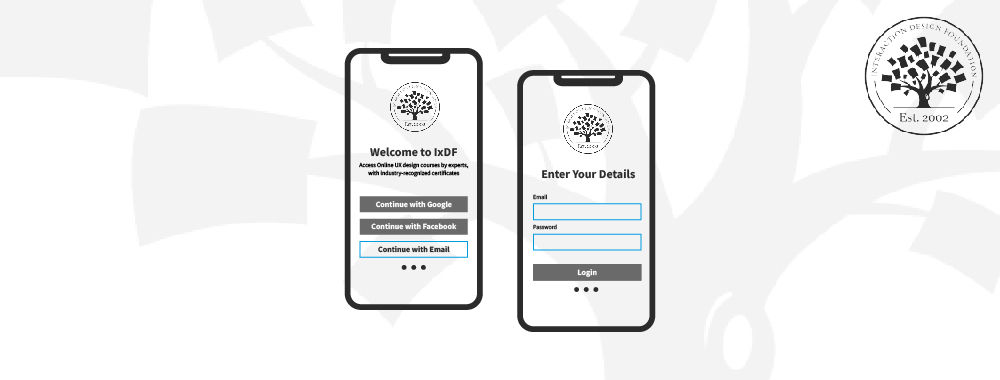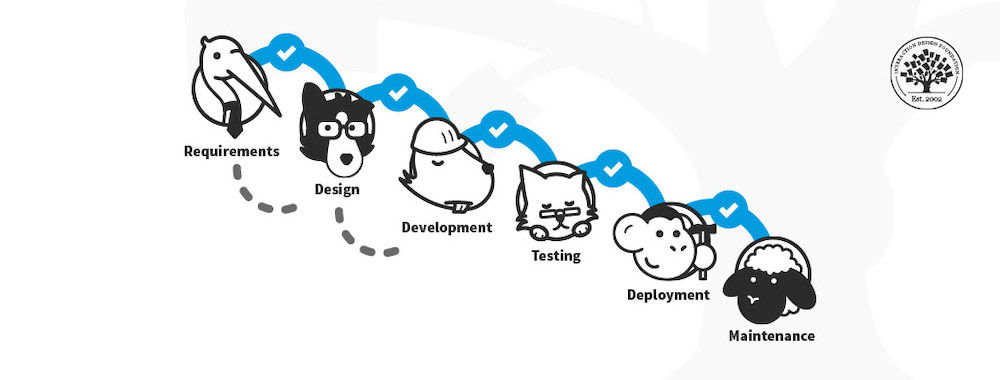Ethical conduct differs from legal conduct. Legal conduct is ensuring that you meet the expectation of a user’s legal system and comply with any laws that might affect the work you do. Ethical conduct is bigger than that – it is concerned with the idea that your users are entitled to be treated in a certain manner and that “right and wrong” exist in areas that are not covered by the law.

There are many areas of ethical experience and some that should concern you as you develop websites and applications include:
Privacy
There are legal rights to privacy in some jurisdictions; the European Union, for example, has very specific legal obligations for service providers to follow. The United States has a rather more relaxed approach to this.

However, users are very much concerned with privacy. There is an implicit understanding that when we share our data with a company or organization that they will respect our privacy. Yet, all too often even big companies have found themselves on the wrong sides of the line from a customer’s perspective. So how can privacy be maintained for a better user experience?
- Clear and simple privacy policies. You can draft a ridiculously long legal contract regarding privacy but it’s a fundamentally dishonest way to approach the issue. It is pretty much certain that the longer and more complicated a policy is – the less likely it is that people will read it. Just because you got the user to click “OK” to a 14 page privacy policy with a clause buried on page 12 about selling their data on – it’s not OK to sell their data. Your policy should include in as few words as possible and in plain English:
- What their data will be used for and what it won’t be used for
- An opt out (or better still an opt in) option for any uses of data that aren’t essential to providing a service to the customer (e.g. it’s perfectly OK to use their address to deliver good but you should get their permission before you start sending them catalogues, brochures, special offers, etc.)
- An assurance that you are meeting any key legal obligations regarding their data
- A point of contact for clearing up privacy questions. No matter how clear and simple your policy is – there’s always another way to interpret what’s being said. If a user has queries regarding their privacy; you should make it as easy as possible for them to seek clarification or reassurance.
It has been constantly demonstrated that engendering trust in your users will create strong relationships and continued business. Given that attracting new users is almost always more expensive than keeping your existing user base – it’s imperative that you build trust in a straightforward manner.
Privacy is going to keep rising on people’s agendas particularly as the younger generation, which is far more au fait with technology and the consequences of the use of technology, becomes the majority of the user base. It’s worth getting out in front on this issue and ensuring that you do everything you can to protect your user’s privacy.
Image Source:
Forbes (link to image)
Innovate-edu (link to image)
Warewhulf (link to image)











